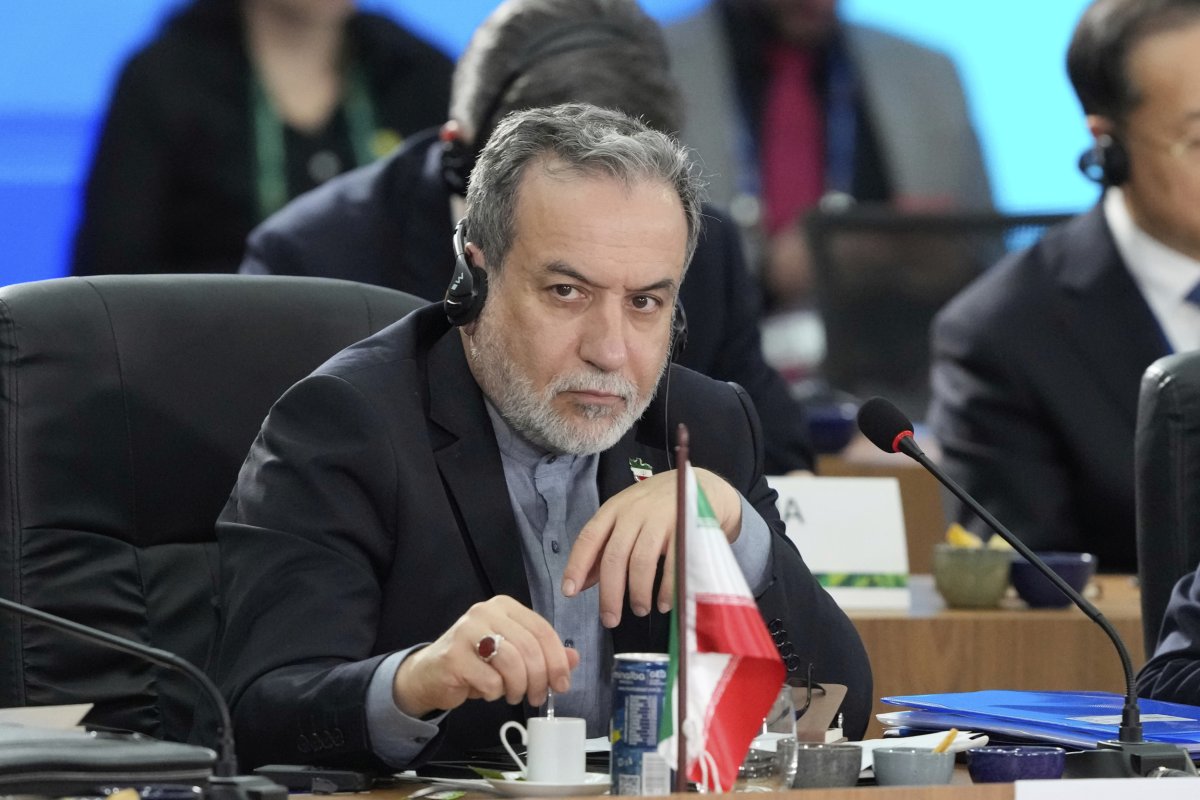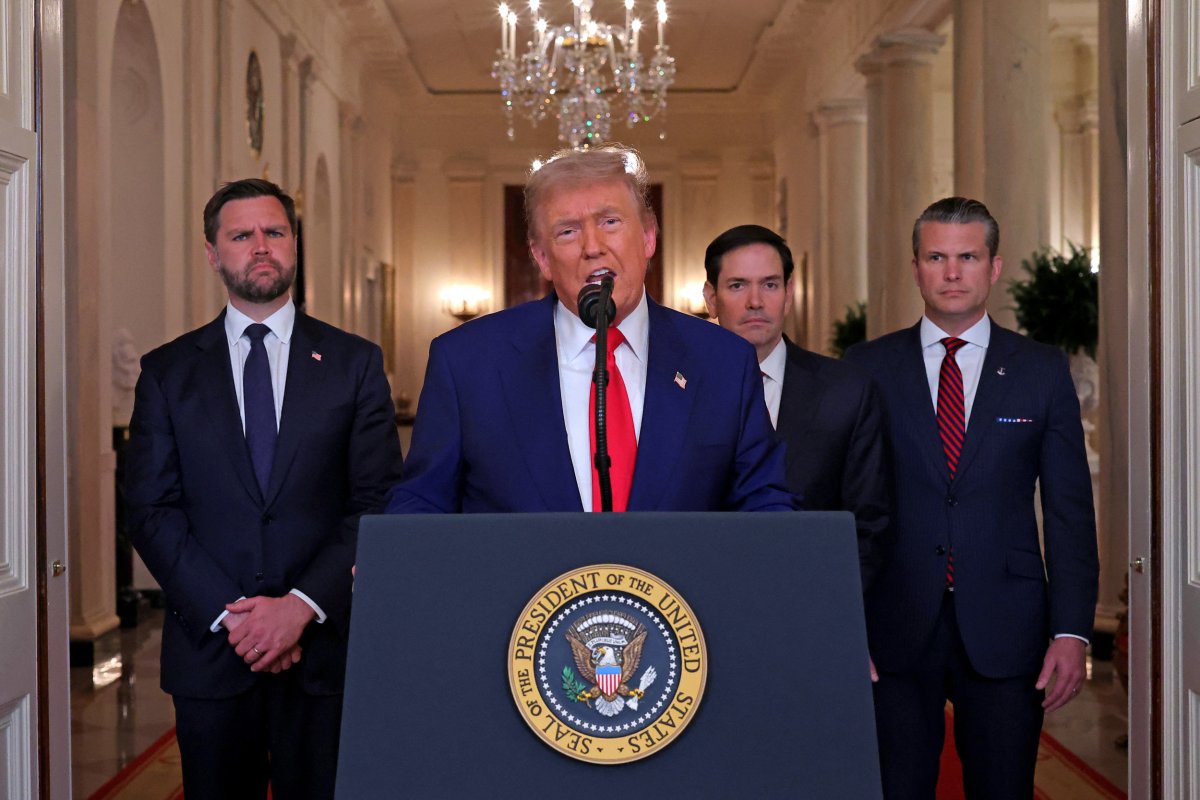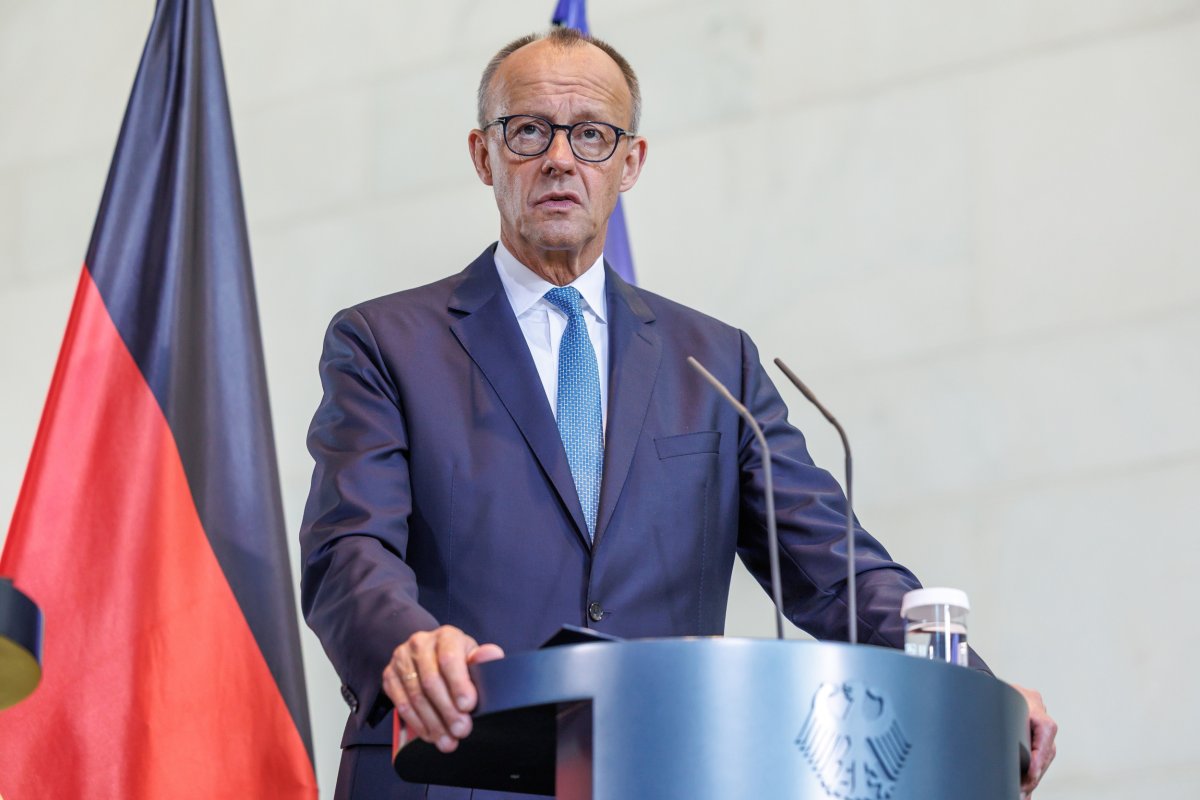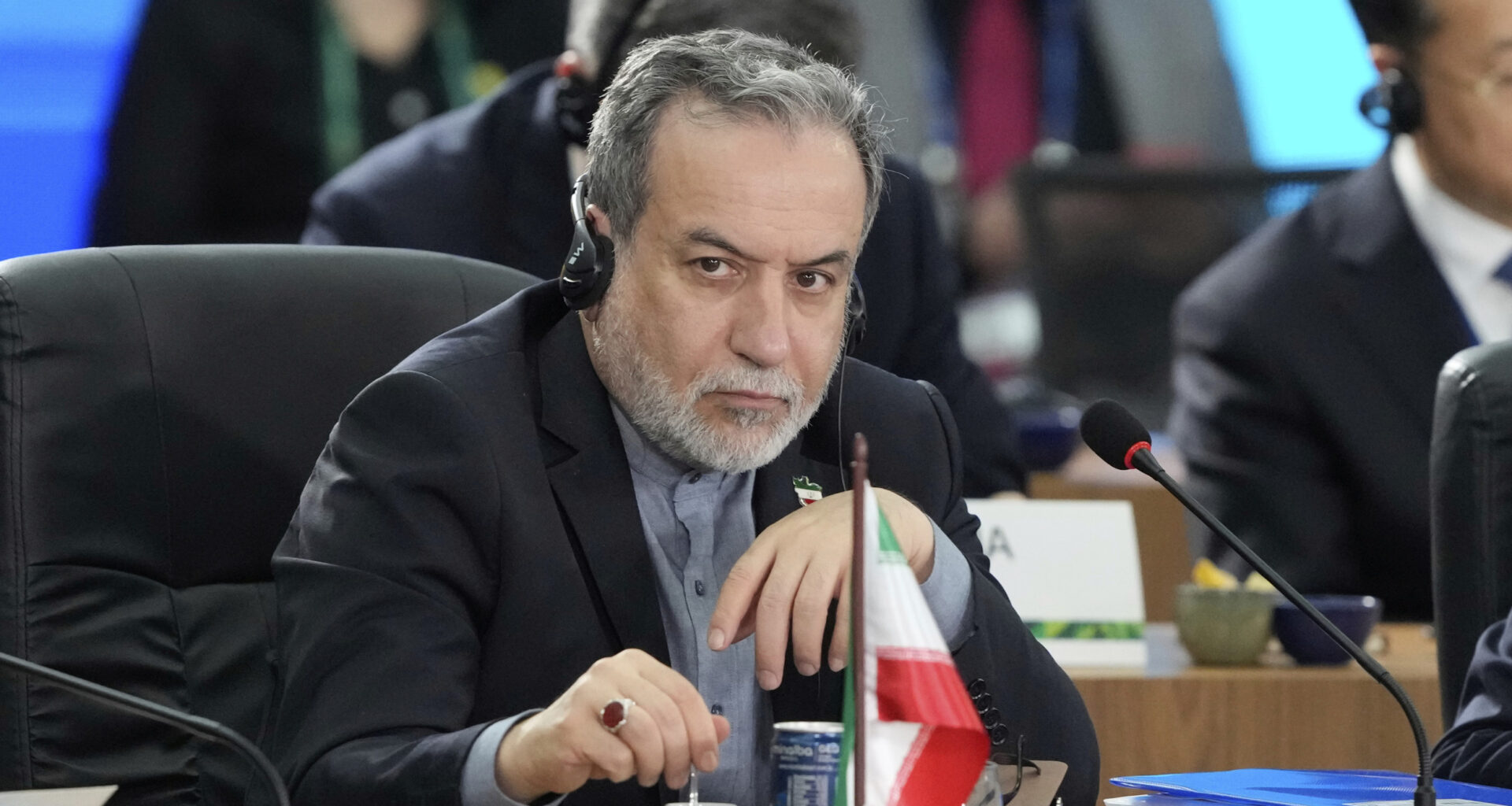Iran’s Foreign Minister Abbas Araghchi has called Britain, France, and Germany’s nuclear strategy a “grave miscalculation,” warning that their alignment with Washington could severely damage Europe’s global credibility.
Writing in The Guardian newspaper on Sunday, Araghchi condemned the European powers’ move to trigger a process that could reinstate United Nations sanctions, describing it as legally unfounded and bound to fail.
However, he also emphasized that Iran remains open to a negotiated settlement, offering limits on uranium enrichment and ironclad monitoring in exchange for the termination of sanctions.
Newsweek has reached out the foreign ministries of Britain, France and Germany for comment.
Why It Matters
Araghchi’s statement highlights the escalating tensions between Iran and Western powers over the 2015 nuclear deal, with potential consequences for Europe’s diplomatic influence, U.S.-Iran relations, and regional stability.
The dispute raises broader questions about whether Europe can assert strategic autonomy under pressure from Washington, and whether diplomatic engagement can prevent a further spiral of conflict in the Middle East, particularly in light of Israel’s 12-day war in June against June, carried out with U.S. support, which intensified hostilities and underscored the risks of rapid escalation.

Iranian Foreign Minister Abbas Araghchi attends the 17th annual BRICS summit in Rio de Janeiro, Sunday, July 6, 2025.
Iranian Foreign Minister Abbas Araghchi attends the 17th annual BRICS summit in Rio de Janeiro, Sunday, July 6, 2025.
Eraldo Peres/AP Photo
What To Know
Araghchi’s op-ed, titled A message from Tehran to Britain, France and Germany: in your own interests, you should change course, criticized Europe’s nuclear strategy, warning: “The truth is that they are intently pursuing a reckless course of action…. This is a grave miscalculation that is bound to backfire.”
He argued that by pushing for snapback sanctions while ignoring Iran’s willingness to negotiate, European powers risked undermining their own credibility and destabilizing diplomatic efforts. He added that Iran remains open to a realistic deal that would impose strict limits on uranium enrichment and include rigorous monitoring in exchange for the lifting of sanctions.
Europe’s Snapback Move
In August, Germany, France, and Britain (E3), activated a 30-day process to implement snapback sanctions, citing alleged violations of the 2015 Joint Comprehensive Plan of Action (JCPOA). The U.S., which bombed three Iranian nuclear sites in June as part of an Israeli operation, welcomed Europe’s decision.

US President Donald Trump addresses the nation, alongside US Vice President JD Vance (L), US Secretary of State Marco Rubio (2nd R) and US Secretary of Defense Pete Hegseth (R), from the White House in…
US President Donald Trump addresses the nation, alongside US Vice President JD Vance (L), US Secretary of State Marco Rubio (2nd R) and US Secretary of Defense Pete Hegseth (R), from the White House in Washington, DC on June 21, 2025, following the announcement that the US bombed nuclear sites in Iran. President Donald Trump said June 21, 2025 the US military has carried out a “very successful attack” on three Iranian nuclear sites, including the underground uranium enrichment facility at Fordo. “We have completed our very successful attack on the three Nuclear sites in Iran, including Fordow, Natanz, and Esfahan,” Trump said in a post on his Truth Social platform.
More
Carlos Barria/Getty Images
Legal Arguments
Araghchi emphasised that the E3 had ignored the fact that it was the U.S., not Iran, which withdrew from the JCPOA. While Tehran says it has implemented lawful remedial measures under the accord, the European powers failed to meet their own commitments, including promises to protect trade after the U.S. reimposed sanctions in 2018.
“President Trump has made clear that he views the E3 as tangential actors,” Araghchi wrote, reflecting Tehran’s criticism that Europe has largely acted as a bystander to Washington’s aggressive approach rather than upheld its obligations under the nuclear agreement.
Military Tensions
Araghchi warned that European support for U.S. and Israeli operations could destabilize the region further.
He cautioned that ignoring this chance could plunge the region into deeper instability, especially amid escalating tensions with Israel.
“The powerful armed forces of Iran are ready and able to once again pummel Israel into running to ‘daddy’ to be bailed out,” Araghchi said, arguing that Israeli provocations risked dragging the U.S. into more costly conflicts.
In June, German Chancellor Friedrich Merz referred to Israel’s attacks as “dirty work that Israel is doing for all of us,” further intensifying tensions.

German Chancellor Friedrich Merz attends a joint press conference with Canadian Prime Minister Mark Carney (not pictured) following talks at the Chancellery on August 26, 2025 in Berlin, Germany. Carney is visiting Germany, Poland and…
German Chancellor Friedrich Merz attends a joint press conference with Canadian Prime Minister Mark Carney (not pictured) following talks at the Chancellery on August 26, 2025 in Berlin, Germany. Carney is visiting Germany, Poland and Latvia this week to reportedly speak with leaders on issues including trade, defence and energy.
More
Andreas Gora/Getty Images
What People Are Saying
Iran’s Foreign Minister Abbas Araghchi: “[Iran] is ready to forge a realistic and lasting bargain that entails ironclad oversight and curbs on enrichment in exchange for the termination of sanctions,”
U.S. Secretary of State Marco Rubio: “The United States remains available for direct engagement with Iran—in furtherance of a peaceful, enduring resolution to the Iran nuclear issue.”
What Happens Next
Tensions between Iran and the E3 remain high as the sanctions process continues. Tehran’s willingness to negotiate limits on uranium enrichment presents a potential path to diplomacy, but any breakdown in talks could quickly escalate regional instability.
The U.S. is weighing sanctions enforcement alongside the possibility of resuming direct negotiations. How these next steps unfold will determine whether the nuclear dispute spirals further or moves toward a negotiated resolution.
